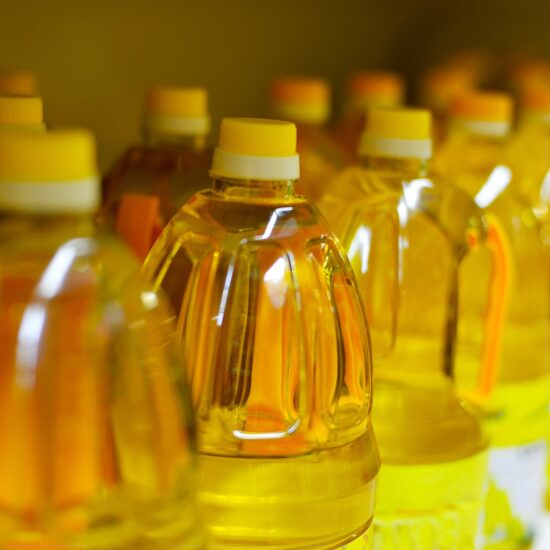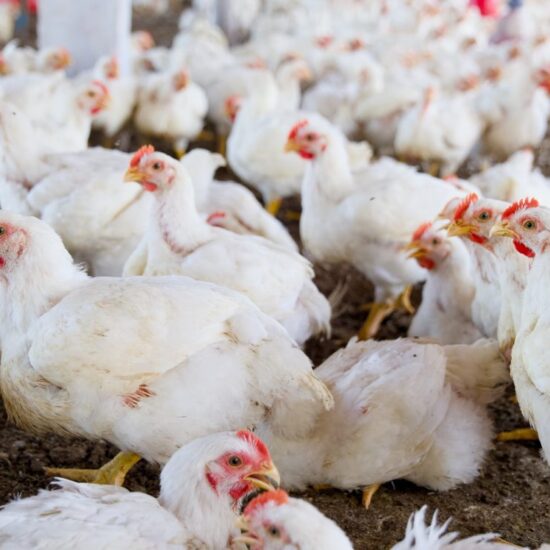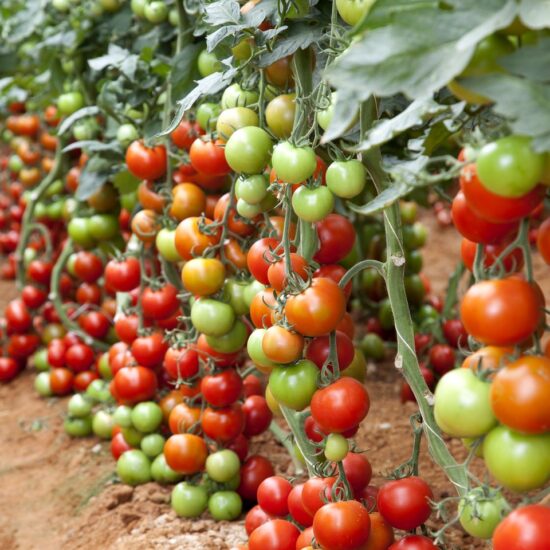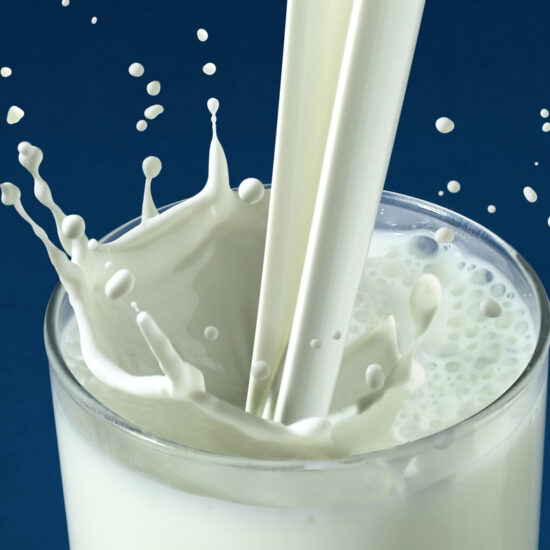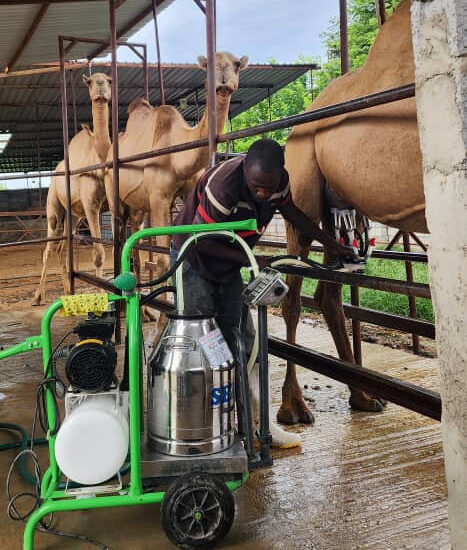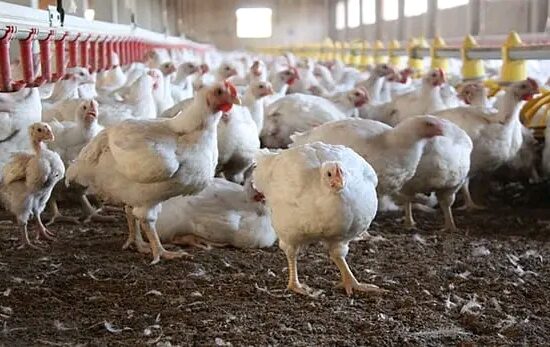
The Dairy Association of Zambia (DAZ) has called on government to increase the import duty on milk powder and concentrates from the current 15% to 25% in order to completely discourage the importation of milk powder as it is hurting and impeding the growth of the dairy sector.
DAZ says local diary farmers are now capable of producing enough to satisfy the national demand and then start exporting the excess to earn the country the much needed foreign exchange.
Association Public Relations Manager Christopher Chipemba said the move would increase demand for raw milk produced by local farmers adding that according to the recent Ministry of Agriculture’s estimates, over 600 million litres of milk is produced in the country, which is enough to cater for the country’s total milk consumption and make Zambia self sufficient.
Speaking in an exclusive interview with the Zambian Business Times-ZBT, Chipemba said five years ago, due to the low demand for raw milk and because of the influx of imported milk powder and milk concentrates, few farmers were investing in the dairy sector. The price of raw milk was as low as K3-K4 per litre, which was not profitable, and most farmers opted out of dairy farming. Zambia was basically exporting jobs and losing forex.
He explained that it was much more cheaper for processors to buy milk powder and mix it with water therefore many processors opted to import milk powder but after government introduced import duty on milk powder in 2021, the amount of imported milk powder reduced because processors found that locally processing milk was much more cost effective and profitable.
Chipemba added that the demand for locally produced milk by small-scale dairy farmers then increased and the price improved to K11 per litre adding that many local and commercial farmers now want to invest in the dairy sector including those who had earlier opted out. This is creating more jobs in the diary farming sector.
He said this interest in the dairy sector also increased demand for diary cattle and the association is now buying pure dairy breeds from South Africa on behalf of the farmers who come together to buy the animals as it is cheaper to buy cattle as a group than as an individual.
“Government cannot completely ban the importation of milk powder because some products such as maheu require milk powder to make, therefore government just regulates so that it does not distort the market”, he said.
Chipemba mentioned that the association is investigating reports that farmers in Namwala and Copperbelt are losing over 20,000 and 5,000 litres of milk per day respectively as it is not being collected due to the market being flooded by imported milk powder.
He added that the association has engaged the Zambia Bureau of Standards (ZABS) to start testing milk on the shelves and find out whether it was made from milk powder or raw milk, and that it is clearly labeled to enable consumer make the right choices.
“The last one year, farmers have been buying pregnant animals, by rainy season they give birth so there is a lot of milk being processed now, but processors have a lot of imported powdered milk present, so they have a backlog of processed milk which has not been sold yet. So they are not able to buy abundant raw milk on the market. They are refusing to buy from farmers as they have enough; Finta has pushed their processing plant to the Copperbelt to help address the issue of uncollected milk”, he said.
“Countries like Holland produce a lot of milk, excess raw milk is processed into powder and exported to other countries, Zambian Processors should therefore invest in technology where excess milk is processed into powder and exported”, he said.
Chipemba noted that the association is working with government to increase Milk Collection Centres (MCCs) in order to reduce milk wastage, as the available 72 official MCCs are not adequate to mop up all the milk, which is produced in the country.
He added that MCCs are only along the line of rail and for the last four years, government has been trying to put up more MCCs in order to have a total of 200 countrywide because a lot of milk does not go through formal market due to inadequate storage and refrigeration facility.
“The association has formal and informal markets and what is considered milk from the formal market is milk, which goes through Milk Collection Centres (MCCs), and milk from the informal market is any milk which does not go through MCCs and is considered wasted milk”, he clarified.
“In 2017 for instance, 74 million litres of milk went through the formal market and 27 million litres went through the informal market and in 2018, 23 million litres went through the formal market and 544 million litres went through the informal market. In 2019, over 65 million litres of milk went through the formal market and over 435 million went through the informal market”, he said.
Chipemba said the association is trying to engage other stakeholders in order to establish the litres of milk that went through the formal and informal market from 2020 to date.


